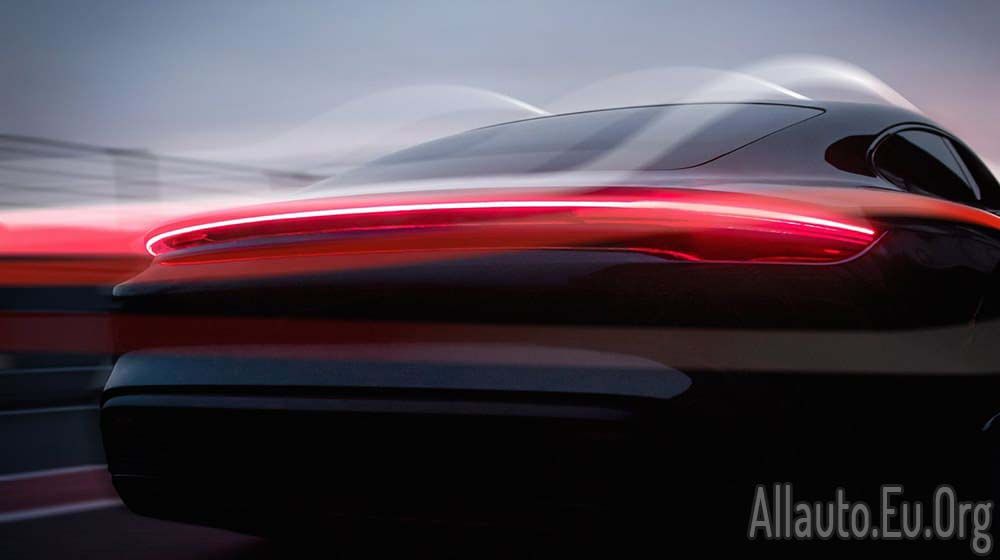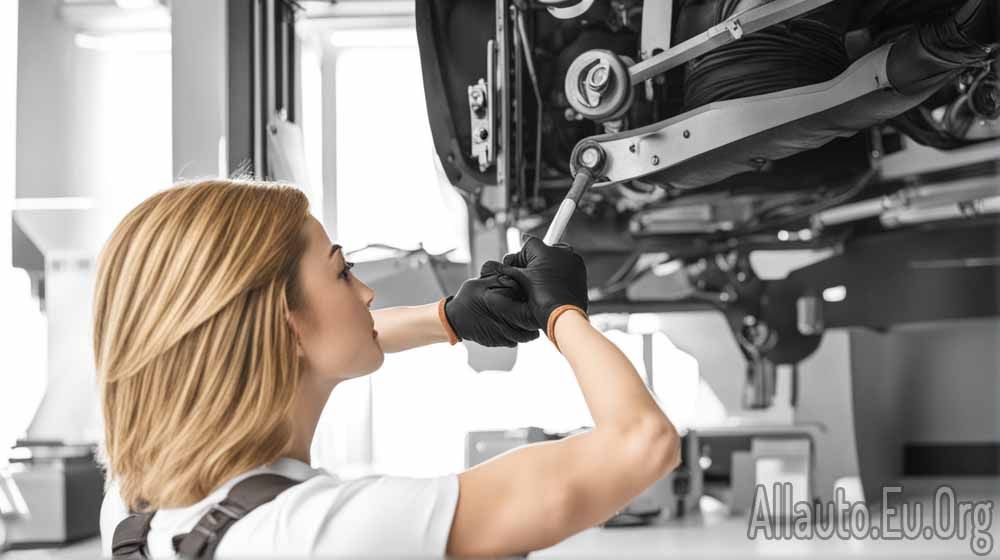

The Future of Auto: Electric, Hybrid, or Gas?

The future of automobiles is an exciting and constantly evolving topic. As technology continues to advance, the automotive industry is making strides to create more sustainable and efficient vehicles. This has led to the rise of electric and hybrid vehicles, which are becoming more popular every year. However, gas-powered vehicles are still the most commonly used type of car on the road today. So, which one is the future of auto: electric, hybrid, or gas? Let's explore each of these options and their potential impact on the automotive industry.
Electric Vehicles
Electric vehicles (EVs) are powered entirely by electricity, meaning they don't require gasoline or any other traditional fuel. They use an electric motor and a battery to power the vehicle. EVs are becoming more and more popular because of their low emissions and high efficiency. They're also quiet and require less maintenance than gas-powered vehicles.
One of the biggest advantages of EVs is their environmental impact. Since they don't require gasoline, they produce zero emissions. This makes them much cleaner than gas-powered vehicles and reduces our carbon footprint. Additionally, as the grid becomes increasingly powered by renewable energy sources such as wind and solar power, EVs will become even cleaner to operate.
Another advantage of EVs is their efficiency. They can convert up to 62% of the energy stored in their battery to power the wheels, while gas-powered vehicles can only convert around 20% of the energy in gasoline to move the car. This means that EVs can travel farther on a single charge than a gas-powered vehicle can on a tank of gas.
However, one of the biggest drawbacks of EVs is their limited range. Even the most advanced EVs can only travel around 300 miles on a single charge. This is much less than a gas-powered vehicle can travel on a tank of gas, which can be upwards of 500 miles. Additionally, it can take several hours to charge an EV fully, while it only takes a few minutes to fill up a gas tank. This can make long-distance travel difficult with an EV.
Hybrid Vehicles
Hybrid vehicles are a combination of a gas-powered engine and an electric motor. They use both gasoline and electricity to power the vehicle, which helps to increase fuel efficiency and reduce emissions. There are two types of hybrid vehicles: mild and full.
Mild hybrids use an electric motor to assist the gas-powered engine during acceleration. They don't have a large battery pack and can't run on electric power alone. Full hybrids, on the other hand, have a larger battery pack and can run on electric power alone at low speeds. They also use regenerative braking to recharge their batteries.
One of the biggest advantages of hybrid vehicles is their fuel efficiency. They can travel farther on a tank of gas than a traditional gas-powered vehicle, and they produce fewer emissions. They're also less expensive than EVs and can be more practical for people who need to travel long distances.
However, hybrid vehicles still rely on gasoline and produce emissions. They're not as clean as EVs, and their efficiency is still lower than that of an EV. Additionally, hybrid vehicles are more expensive than gas-powered vehicles, which can be a barrier to entry for some consumers.
Gas-Powered Vehicles
Gas-powered vehicles have been around for over a century and are the most commonly used type of vehicle on the road today. They use gasoline to power an internal combustion engine, which drives the wheels of the car. Gas-powered vehicles have come a long way since their inception, and they're now more efficient and produce fewer emissions than ever before.
One of the advantages of gas-powered vehicles is their range. They can travel farther on a single tank of gas than an EV can on a single charge. Additionally, it only takes a few minutes to fill up a gas tank, which makes them convenient for long-distance travel. Gas-powered vehicles are also less expensive than EVs and hybrid vehicles, making them more accessible to the general population.
However, gas-powered vehicles produce emissions that contribute to air pollution and climate change. They're also less efficient than EVs and hybrid vehicles, meaning they require more fuel to travel the same distance. Additionally, as the world moves towards renewable energy sources, gas-powered vehicles may become less relevant in the long term.
The Future of Auto
So, which type of vehicle is the future of auto? The answer is not straightforward. Each type of vehicle has its own advantages and disadvantages, and the choice will depend on a variety of factors, including personal preference, lifestyle, and geography.
EVs are likely to become increasingly popular as battery technology improves and charging infrastructure expands. They're the most environmentally friendly option and are likely to become more efficient and affordable over time. However, they may not be practical for everyone, particularly those who need to travel long distances.
Hybrid vehicles are a good compromise between EVs and gas-powered vehicles. They offer better fuel efficiency and fewer emissions than traditional gas-powered vehicles, while still using gasoline for longer trips. They're also less expensive than EVs and can be a practical option for many people.
Gas-powered vehicles are likely to remain a significant part of the automotive industry for the foreseeable future. They're less expensive than EVs and hybrid vehicles, and they offer greater range and convenience for long-distance travel. However, as the world moves towards renewable energy sources and climate change becomes an increasingly pressing issue, gas-powered vehicles may become less relevant over time.
Conclusion
The future of auto is electric, hybrid, and gas-powered vehicles. Each type of vehicle has its own advantages and disadvantages, and the choice will depend on a variety of factors. EVs are the most environmentally friendly option, while hybrid vehicles offer a good compromise between EVs and gas-powered vehicles. Gas-powered vehicles are likely to remain a significant part of the automotive industry, but their relevance may diminish over time. Ultimately, the automotive industry will continue to evolve and innovate, and the future of auto will likely be a combination of all three types of vehicles.
Tags
Latest Articles

Most Read
All Tags
Subscribe
Donate
Please consider supporting our efforts.
© 2023 All-Auto.ga All rights reserved.










